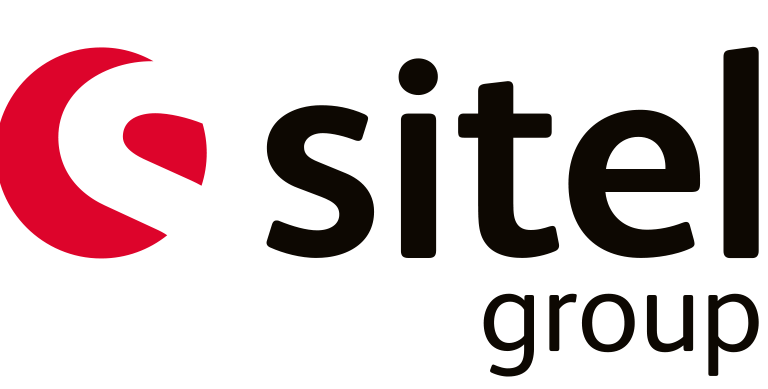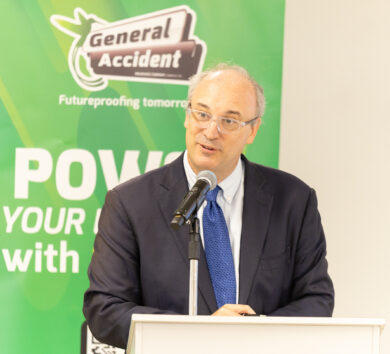
Many see uphill task for Sitel to extricate itself

Durrant Pate/Contributor
Many legal experts in America are weighing in on the legal battle in which Sutherland Global Services has sued its competitor, Sitel, allegedly stealing confidential company information and using it to obtain business with at least one major customer.
According to the experts, who spoke with Nearshore Americas, the odds might not favour Sitel Group in the next chapter of its legal battle with Sutherland.
After more than a year of investigations, court hearings and legal paperwork, the two business process outsourcing (BPO) giants will meet in court.

No jury trial
The trial, scheduled for April 23, 2023, in Austin, Texas, will be held without a jury, a format known as a “bench trial”. In a bench trial, the responsibility of evaluating evidence and giving a verdict falls solely under the appointed judge, which in this case is Senior US District Judge David Ezra.
Given that Sutherland’s lawsuit against Sitel et al involves the alleged stealing of “trade secrets” and the supposed violation of non-compete and confidentiality agreements, having a jury present might prove counterproductive to the process, the legal experts have opined.
They made the point that, nevertheless, the format might make the battle more difficult for Sitel and the rest of the defendants. Some saw Sitel’s defense as a “tough sell” and found little hope in the defendants’ attempts to prevent the case from going to trial.

Elisaveta Dolghih, a Texas attorney who handles commercial, employment, non-competition and trade secrets litigation argues, “statistically speaking, in trade secrets cases that get to a verdict stage, about 70 per cent of the time the verdict is in favour of a plaintiff”.
In its complaint to the court, Sutherland alleges that a former employee of theirs (Ratul Sengupta) and a then executive of Sitel (Mike Small) conspired to steal Sutherland’s pricing strategies and other confidential company information to win more clients for Sitel.
According to the plaintiff, this resulted in Sitel acquiring business with a major customer, which, according to sources, is the large mobile operator, T-Mobile.

Possibility things could get messy
Kellen Scott, a lawyer and shareholder at law firm Chamberlain Hrdlicka, commented that, if Sutherland is successful in claiming monetary damages, the issue could turn particularly messy.
Said Scott: “I don’t think Sutherland would be entitled to 100 per cent of a contract amount without taking into account the costs that would be incurred to achieve that, like a net profit amount. Although the facts here appear to be very bad for Sitel, I don’t know that a judge would be likely to grant damages in the form of the contract amount without taking into account what cost would be incurred to receive or generate that amount.”
Scott sees a high probability for a settlement, though he underlined that there are several possible outcomes for the settlement talks. The settlement might include other terms besides money. Sutherland could try to keep Sitel away from certain customers of theirs.
“Then again, that could raise controversy over matters of antitrust,” he added.

“Winning is only half the battle. The other half is collecting on the judgement,” contended Joshua Redelman, a Texas attorney, who specialises in non-competes. He argued that, assuming that Sutherland wins the case and is entitled to being compensated for monetary damages, the process of collecting could be long and painful, especially if it can’t be decided who among the defendants will pay for such damages.
With the trial being scheduled for April of next year, both parties have enough time to convene and come to an agreement. In fact, said Dloghih: “Having a trial date can certainly motivate parties to get to the settlement table.”







Comments